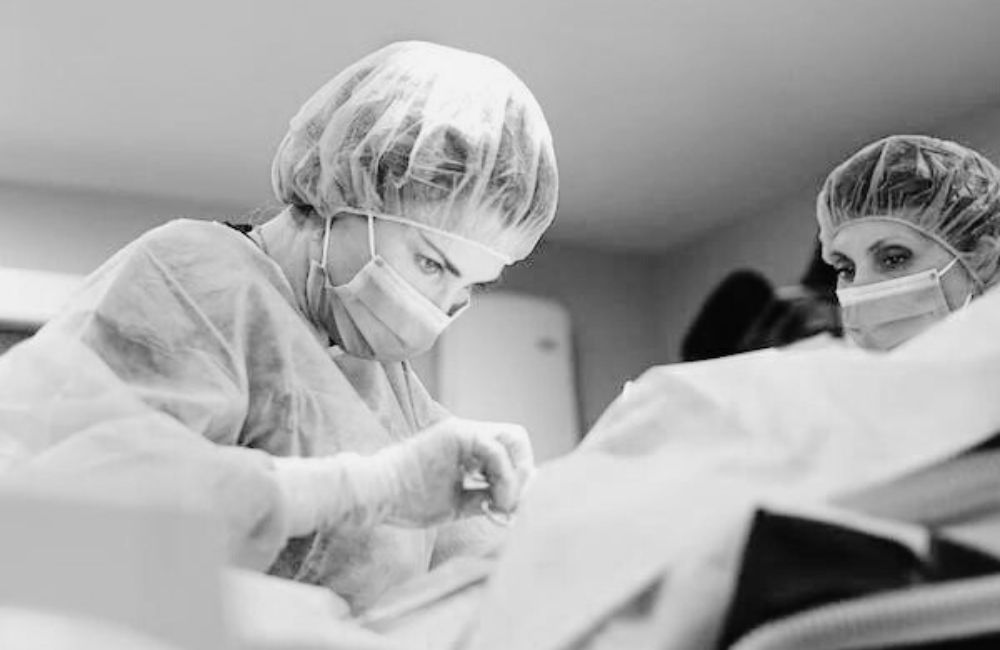One of the best laparoscopic surgeon in Howrah and Kolkata Dr Anshu Agrawal is dedicated to offering minimally invasive surgical solutions for women’s health issues. Anshu Agrawal is leading gynecological laparoscopic surgeon with a proven track record in treating conditions such as endometriosis, fibroids, ovarian cysts, and infertility issues Whether it’s a routine procedure or a complex gynecological condition, our expertise ensures precision, comfort, and faster recovery.

Laparoscopic surgery in Howrah and Kolkata, also known as minimally invasive surgery or keyhole surgery, is a surgical technique that utilizes small incisions and specialized instruments to perform surgical procedures inside the abdomen or pelvis. It offers several advantages over traditional open surgery, including reduced pain, shorter hospital stays, faster recovery times, and smaller scars.
During a laparoscopic procedure, the surgeon makes a few small incisions (usually less than an inch) in the abdomen. Carbon dioxide gas is then used to inflate the abdominal cavity, creating a space to work. A laparoscope, which is a thin, long tube with a light and a camera attached to it, is inserted through one of the incisions. The laparoscope transmits images of the surgical area to a monitor, allowing the surgeon to visualize the organs and tissues in detail.
Additional specialized instruments are inserted through the other small incisions to perform the surgery. These instruments can be manipulated by the surgeon to cut, stitch, cauterize, or remove tissue, depending on the nature of the procedure. The surgeon performs the surgery by watching the live video feed from the laparoscope and manipulating the instruments accordingly.
Best Laparoscopic Surgery in Howrah and Kolkata
we strive to create a supportive environment where women feel cared for, respected, and empowered to make informed decisions about their health.
Why Choose Laparoscopic Surgeon and Surgery
Laparoscopic surgery can be used to treat a wide range of conditions, including but not limited to:
- Gallbladder disease: Laparoscopic cholecystectomy is a common procedure to remove the gallbladder.
- Appendicitis: Laparoscopic appendectomy is the removal of an inflamed appendix.
- Hernia repair: Laparoscopic techniques can be used to repair inguinal, umbilical, or hiatal hernias.
- Gastrointestinal conditions: Laparoscopy can be used to diagnose and treat conditions such as acid reflux, tumors, and gastrointestinal bleeding.
- Gynecological conditions: Laparoscopic surgery is commonly used for procedures such as hysterectomy, ovarian cyst removal, and treatment of endometriosis.
- Bariatric surgery: Laparoscopic techniques can be employed for weight loss surgeries, such as gastric bypass or gastric sleeve procedures.
Laparoscopic surgery requires specialized training and expertise. Surgeons who perform these procedures undergo specific training in laparoscopic techniques and must be skilled in manipulating the instruments and interpreting the laparoscopic images accurately. The specific procedure and the patient’s individual circumstances will determine whether laparoscopic surgery is appropriate in each case.

